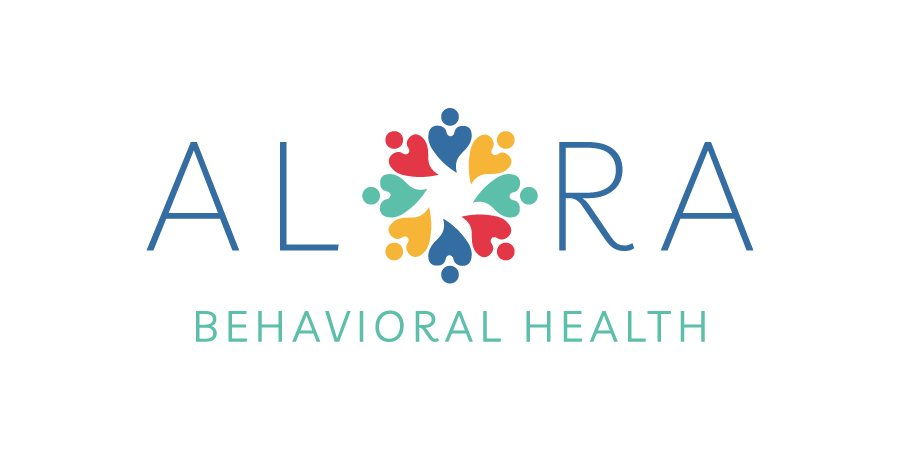The Power of Positive Reinforcement in ABA Therapy

Applied Behavior Analysis (ABA) therapy is a widely recognized and effective approach for individuals with autism and other developmental disabilities. At the core of ABA therapy lies the principle of reinforcement, and more specifically, positive reinforcement. In this blog, we will explore the significant role that positive reinforcement plays in ABA therapy and how it […]
Exploring ABA Therapy for Adults with Developmental Disabilities

Applied Behavior Analysis (ABA) therapy is often associated with children on the autism spectrum, but its scope extends beyond childhood. ABA therapy has proven to be highly beneficial for adults with developmental disabilities, helping them achieve greater independence, improve their quality of life, and address specific challenges they may face. In this blog, we’ll explore […]
Beyond Behavior: ABA Therapy’s Impact on Social and Communication Skills

Applied Behavior Analysis (ABA) therapy has proven to be an invaluable tool for individuals with developmental and behavioral challenges. While its primary goal is often seen as addressing challenging behaviors, ABA therapy goes far beyond that. It can profoundly impact social and communication skills, allowing individuals to connect, communicate, and engage more effectively with the […]
The Science of ABA: Understanding the Principles of Behavior Analysis

Applied Behavior Analysis (ABA) is a widely recognized and evidence-based behavioral health treatment for individuals with developmental and behavioral challenges. At the heart of ABA lies the science of behavior analysis, which provides the foundation for compassionate and effective therapeutic interventions. In this blog, we’ll delve into the principles that underpin ABA and explore how […]
How Your Child with Developmental Disabilities’ Needs Will Change Over Time

Raising a child with developmental disabilities is a unique journey that presents its own set of challenges and rewards. As parents, caregivers, or family members, it’s crucial to understand that the needs of these children evolve over time. The ongoing support and appropriate adjustments made along the way play a pivotal role in promoting their […]
The Pros of Early Intervention: Unlocking Potential with ABA Therapy and Childhood

Childhood Development at Alora Behavioral Health: As parents, we want to give our children the best start in life, especially when it comes to their development and well-being. Early intervention plays a vital role in setting a strong foundation for children, particularly those with developmental challenges. Applied Behavior Analysis (ABA) therapy, offered by Alora Behavioral […]
How to Advocate for Your Child’s Needs

As a parent, one of the most important roles you play is being an advocate for your child. When your child has unique needs, such as developmental disabilities, it becomes crucial to navigate the systems, services, and resources available to ensure they receive the support they require. Advocacy empowers you to speak up, make informed […]
A Comprehensive Guide to Potty Training for Neurodiverse Children with Autism

By: Dr. Yannick Espinoza, Psy.D., BCBA, LBA Potty training is a self-help skill frequently addressed during ABA therapy. It involves teaching multiple component skills that can be tough for neurodiverse children with autism to learn. In most cases, about 98% of children in the US learn to use the restroom by age 3, however, this […]
Preparing for a Smooth Summer: Tips for Helping Children with Autism Adapt to Routine Changes

By: Dr. Yannick Espinoza, Psy.D., BCBA, LBA The summer season brings in a change in the weather and routine. During this time of year, many children get to stay home for extended periods. For many neurotypical children, this change is often something they look forward to with excitement. On the other hand, this change in […]
What are the signs of Autism?

Autism is a complex neurodevelopmental disorder that affects individuals in different ways. One of the most noticeable symptoms of autism is difficulty with social interactions. This can manifest itself in a number of ways, such as problems making eye contact, body language that appears awkward or uncomfortable, and difficulty understanding the feelings of others. There […]

